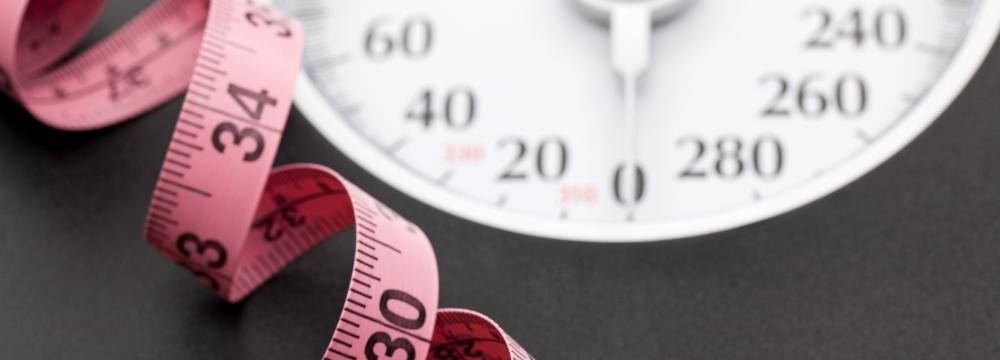
Back in the 1950s, an actuarial calculation known as the Metropolitan Life (MetLife) Height-Weight Table gave us a straightforward range of ideal body weights. While the underlying data was criticized as inconsistent, it considered age, body frame size, and gender. The tables were revised in the 1980s. However, the Body Mass Index, or BMI soon supplanted this widely used calculation. Interestingly, the BMI is an even older height/weight comparison that provides an easy-to-understand double-digit number showing where one lands on the scale between underweight and morbidly obese. When the underlying formula for BMI was created in the late 1800s, it was not meant to be a measure of obesity but has been adapted and adopted as such.
Today, governments, medical practices, and individuals use this calculation as the primary criterion to determine a person’s eligibility for bariatric surgery. Insurance companies even use the BMI to assess the coverage of weight loss procedures, medications, and programs. As you probably know, a BMI of 30 or more is considered obese, while a BMI of 40 or more is morbidly obese.
The Limitation of the BMI
The BMI gives us a measure of “obesity,” but this is an arbitrary calculation. Now that we are in 2022, almost 200 years after Lambert Quetelet created the basis for BMI, it’s worth exploring whether this calculation is still relevant. For many people, the BMI is handy, but it doesn’t entirely give us an objective measure for everyone. For example, the BMI does not consider the following:
Body Fat: BMI is a poor predictor of ideal body fat percentage.
Musculature. A very muscular person will have a higher BMI than someone of the same size with more fat. This is simply because muscle weighs more than fat on the same frame.
Being big-boned. A person with a larger frame will necessarily have a higher BMI than a person of the same height but a smaller frame. This does not mean that they are any more overweight.
Ethnicity & Race. More recent research has shown that ethnicity plays a role. For example, Asian patients have 3-5% more body fat totals than Caucasians at the same BMI. Similarly, Asians have a significantly higher risk for diabetes, while African-Americans and Hispanics have a somewhat higher risk of diabetes than Caucasians of the same BMI. It is worth noting that as BMI increases, all patients, regardless of race or ethnicity, are at a significantly higher risk of comorbidities.
Gender: Males typically have lower body fat percentages than females, but this is not reflected in the BMI calculation.
A Better Way?
While today’s weight loss treatments revolve around BMI, many specialist physicians that deal with obesity, and some savvy general practitioners, recognize that there are other metabolic risk markers beyond BMI alone. For example, waist size is an excellent predictor of the risk of cardiovascular disease in obese patients. Women with a waist greater than 35 inches and men with a waist of 40 inches or more are at a higher risk of heart disease. This is a measurement you can easily perform at home. Many other markers can also be used to estimate risk, including body composition and genetics.
How Do We Use the BMI, Then?
You may wonder, if the BMI is so inaccurate, why do we use it? And if we must, what is the best way to employ the results? It’s good to use the BMI as a trend. You will find that weight fluctuates depending on the time of the month, or if you’ve eaten a very sodium-filled meal, but your BMI is a far more stable day in and day out, so tracking it over the long term, can more easily show a trend upward or down.
The Bottom Line
As a precise tool, the BMI fails to identify obesity in a subset of patients, and various organizations are working on a replacement. However, it is what we have for the time being; as such, it should be taken seriously, but while remembering these considerations. If you genuinely want to better understand the risks associated with your excess weight, we encourage you to visit a physician specializing in obesity. We look at your weight situation overall, considering more than just the BMI when discussing the risks associated with your weight.
If you are concerned about excess weight, we encourage you to contact our office and schedule a consultation. Whether you consider a non-surgical, medical weight loss, or bariatric surgery program, we have options for anyone looking to change their lifestyle and circumstance for good.









